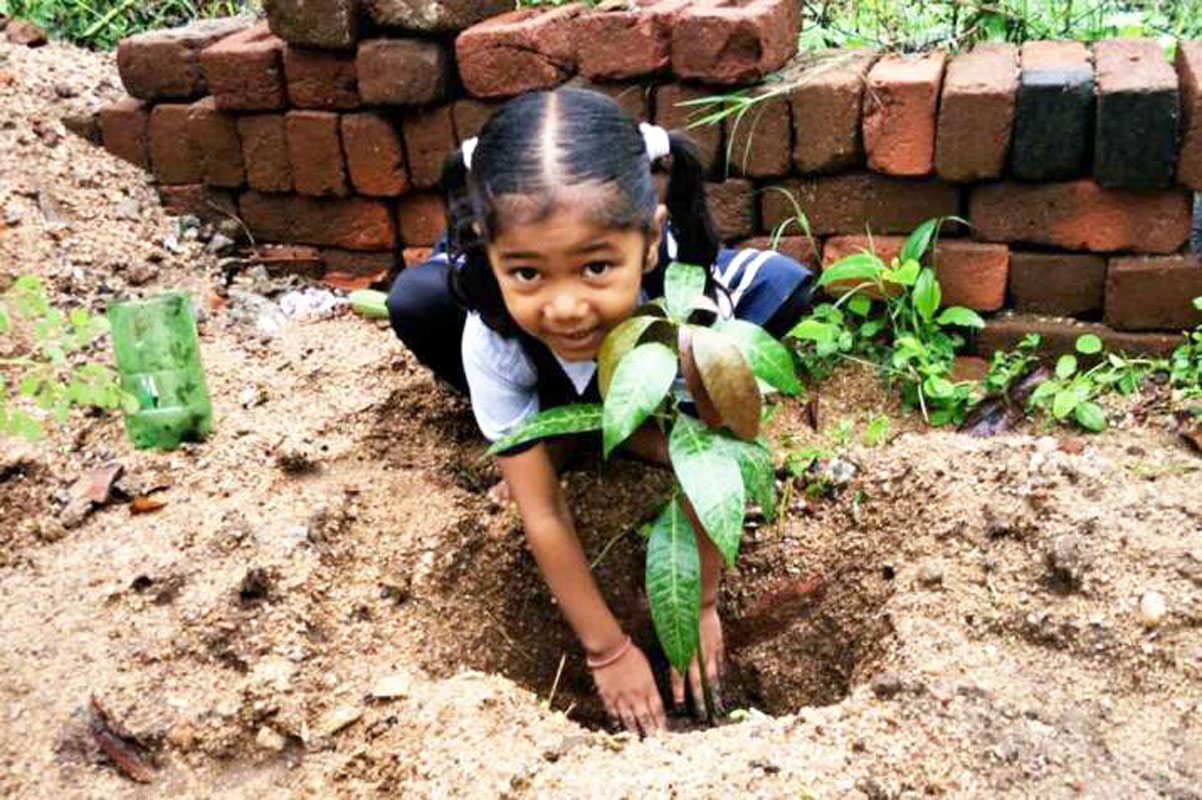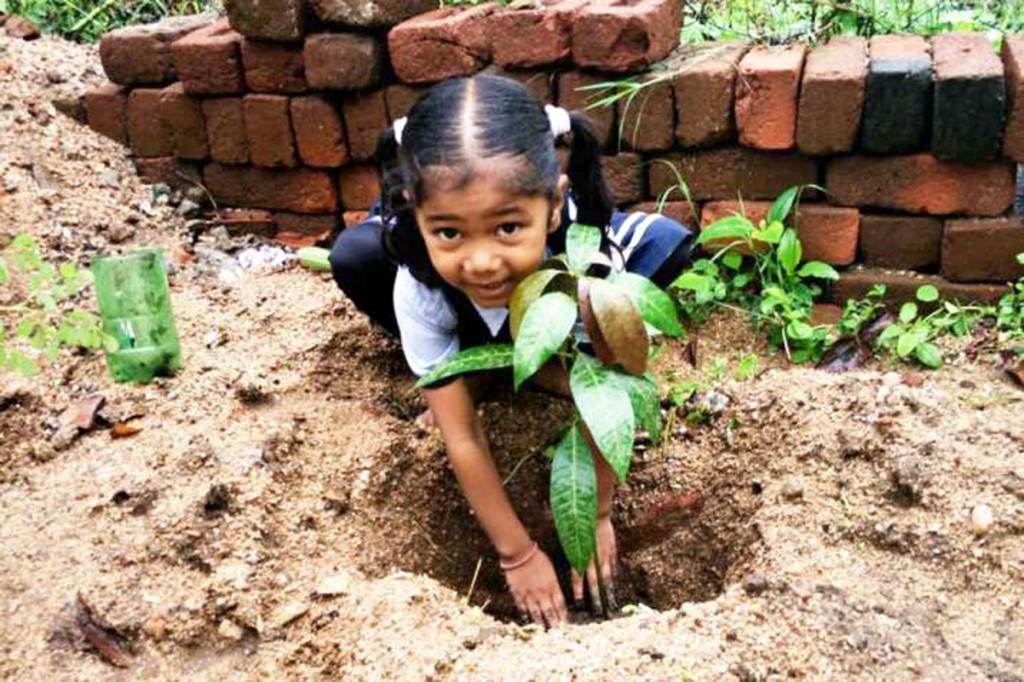
It is rightly said that inculcating good ideas in a child begins at home. Surrounding the home with eco-friendly options teaches children to embrace a cleaner and greener lifestyle right from their growing years. Indeed, sowing the seeds of environment consciousness in your tiny tot is a responsibility that you must include in your manual of good parenting in today’s world.
Understandably, this is not a simple task for busy working couples who have to sometimes take their kids to a mall instead of a park. In fact, I know young parents who say they are forced to take their three-year-olds to a mall every weekend so that they have space to run around as the scorching summer sun does not permit a picnic or a trip to the park. True, hot summers can be quite a challenge but there are other options. Why not a swimming pool where the heat will be less of an issue and the child will learn a lifetime environment-friendly skill?
This is just one example of a hot summer option, but there are many others for the entire year. For example, you could grow plants at home and use the weekend for overturning the soil even as you involve your children and explain to them how plants grow. On every birthday of the little one, you could make it a ritual to plant a tree and invite family and friends for the tree planting ceremony cum birthday party. You could spend the rest of the year and years ahead to watch the sapling grow and inculcate in your child the importance of trees and their crucial role in our lives.
The basic idea is to introduce your child to the outdoors as much as possible, be it the park, the sea, hills or the forest, and make them aware of the vastness of the sky, the oceans, continents, and geographies that make up the earth. A weekend out of town to discover nature could not only be a welcome change but could also help the child learn more about rural environs.
Animals too could be introduced at an early age to your child through picture books, stuffed toys, or real-life experiences. Bird watching trips, visits to animal sanctuaries, biodiversity parks could be both instructive and enlightening. Keeping an aquarium at home or adopting a pet could contribute to a holistic learning environment where knowledge is not a chore but a pleasure. Tasks like feeding the fish or brushing a dog automatically connects children with the habit of nurturing and understanding the beings with whom we share this planet. Being in sync with nature is an important learning that bypasses kids who live in a fast-paced world.
Little children are extremely impressionable. If they are taught environment-friendly values from an early age, they will grow up as better citizens. Saving water and turning off the tap while brushing their teeth, or not letting the tap or shower run when not in use, are lessons learnt that become almost like reflex action throughout life.
Then again, the habit of waste segregation. It should be like a family doctrine that children are taught to follow from an early age. But don’t make it into a chore. It might not be a bad idea to place brightly coloured bins and involve the little one by asking him or her to label them as dry or wet waste. So, the child knows that paper and cardboard go into the bin marked dry. If she or he has eaten a banana, the peal goes into the green, wet garbage bin and so on. It could become a game in itself before going to bed. Let children dispose of litter they have generated in its appropriate disposal bin. Allow the toddler to accompany you sometimes to the compost pit, if there is one, even as you explain the finer points of composting.
These are just a few ideas. You could add to these by explaining to the child why you choose organic cotton for their clothes, why you avoid plastic cups and plates on their picnics, why you use natural decorations and natural cleaners in the house. They will understand. And of course, if they do bring the occasional plastic toy, bottle, or plastic bag, explain to them gently that plastics must be avoided. If you reprimand them severely, then their fascination for the ‘not allowed’ may only grow.
Another fact you must reckon is that children grow up observing the actions of grown-ups. So, it is important to ensure that all the people involved in bringing up children follow basic green rules. If adults in the house throw garbage outside the bin, or eats and throws paper plates from the car window onto the road, the child may follow the example.
It is not difficult to be environment conscious. It is just that the luxuries human beings have invented subsumes them so much that they sometimes forget that they must respect nature or invite its wrath.
The writer is a senior journalist who writes on environmental issues






